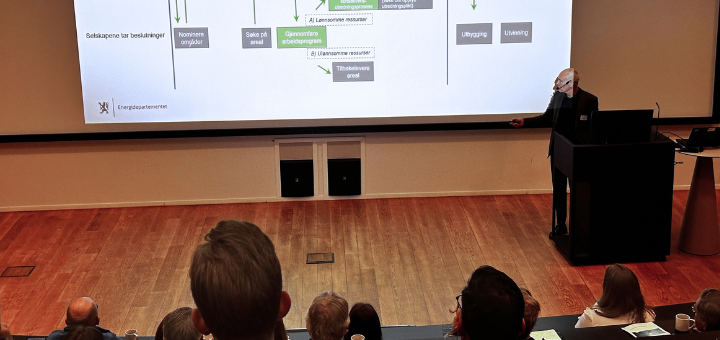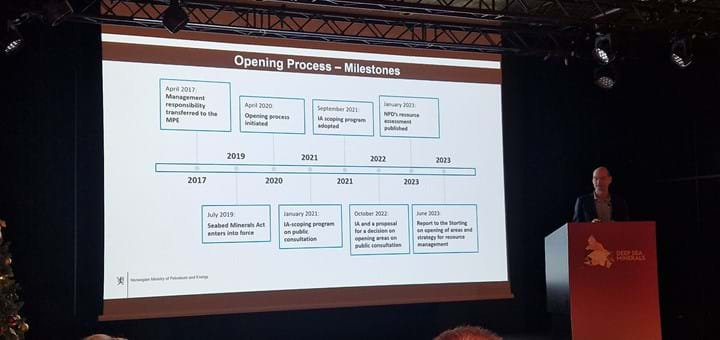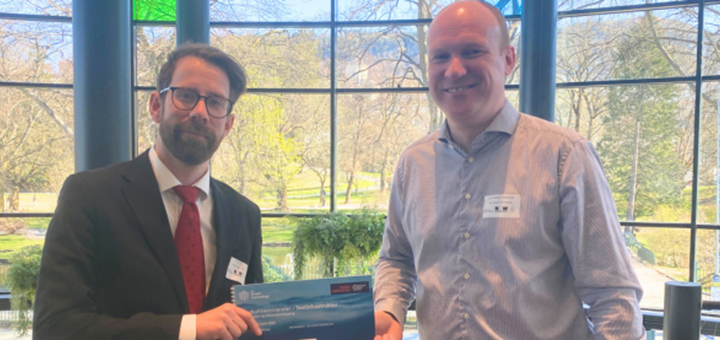The Shallow Conversation about Deep Sea Mining

Improved communication, inclusive dialogue and enhanced public engagement is the key recommendations from PhD-students within responsible innovation.
Five PhD-students in responsible research and innovation have studied the cluster's work on seabed minerals this spring.
Their research question was “How do actors in the deep sea mining space listen, learn and adjust to one another? And how can they get better?”
Where Did All the Nuance Go?
The project group performed 15 semi-structured interviews with different actors from researcher, NGOs, industry, investors and government.
Not surprisingly, the students found two distinct and different narratives. However, these tend to build upon the same facts viewed in different lights.
Debates are often short and leaves no room for nuances. Media headlines are often angled in ways such that it creates polarization, and the common ground and nuances are often missed in much of the communication in the public domain.
Persistent barriers to constructive dialogue were noted in the study, including entrenched positions and a lack of platforms for genuine engagement across differing viewpoints.
Stakeholders showed interest in mechanisms like workshops or living labs, which could foster direct dialogue and collaborative approaches to addressing deep-sea mining concerns.
Younger People Are Most Positive
The students conducted a quick, informal survey with about 450 participants. The study found that younger people were more positive about deep-sea mining than older respondents.
It also revealed that respondents' views on the need for minerals, risks to biological diversity, and economic or geopolitical opportunities predicted their support for deep-sea mining in Norway.
The project group provided three recommendations:
- Improve Government Communication: Clearly differentiate between exploration and exploitation phases in public communications to avoid misinterpretations and increase transparency.
- Foster Inclusive Dialogue: Establish regular multi-stakeholder forums, including living labs and long-form open interviews, to ensure all voices are able to engage in nuanced communication.
- Enhance Public Engagement: Utilize more comprehensive surveys and public forums to gauge broader public opinion and involve the community more directly in the decision-making processes.
The student has also recorded a Podcast titled “The shallow conversation about deep sea mining”.
– I would like to thank the student for their great work, which is very useful. I think the result is applicable and highly relevant to all the different stakeholders within this domain, says Jon Hellevang R&D Manager in GCE Ocean Technology.
Contact Information

Responsible Innovation
This work was done in the course Doing Responsible Innovation being part of a PhD-programme at The Western Norway University of Applied Sciences (HVL).



